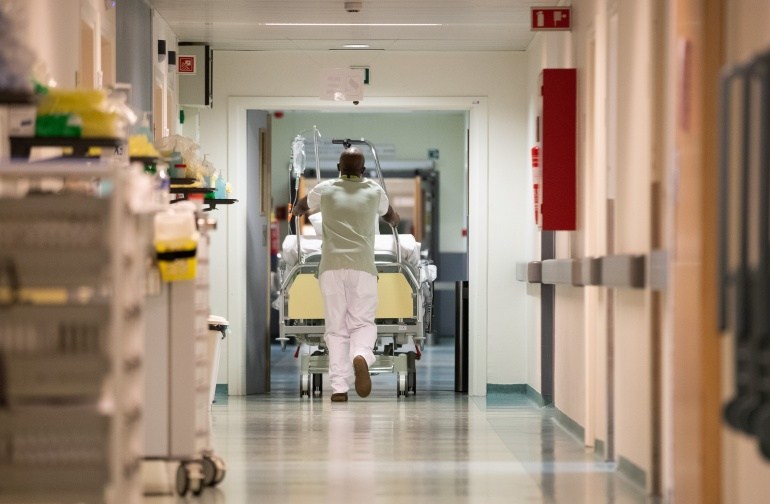After surpassing 1,000 on Wednesday, the number of daily coronavirus infections is continuing to increase, however, this has not had an effect on hospitalisations and deaths yet.
Between 5 and 11 July, an average of 1,066 new coronavirus infections were detected per day, an 84% increase from the average of the previous week, according to the latest figures from Sciensano Health Institute published on Thursday morning.
The daily average of testing over the past week decreased by 6% since last week (an average of 60,978 tests were carried out), whilst the positivity rate has increased to 1.9%.
At first, it appeared that the rise in new cases was a result of the increased testing as people started travelling at the start of summer, but that relationship can no longer be seen.
Since the beginning of the pandemic, 1,100,616 cases of coronavirus infection have been diagnosed in Belgium.
However, between 8 and 14 July, there was an average of 17.1 new hospital admissions per day due to the coronavirus, a 4% decrease compared to the previous reference period, meaning the rising number of cases is not yet having an effect on hospitalisations.
On Wednesday, a total of 241 people were in hospital as a result of the coronavirus (one more than on Tuesday) of whom 82 (+1) people were being treated in intensive care, and 57 people (the same as the previous day) were on a ventilator.
Related News
- Holiday Guide: What are the latest rules across the EU?
- Ghent gets first open-air dance party as coronavirus test event
- Belgium no longer considers UK a 'very high risk' country for travellers
During the same period, the average number of deaths due to the virus has remained relatively stable and now sits at a daily average of 1.9, bringing the total to 25,207 deaths since the start of the pandemic in Belgium.
Increasingly, there have been days during which no person died as a result of the coronavirus.
The incidence, which indicates the average number of new cases per day per 100,000 inhabitants, has increased by 111% since the last 14-day period but has increased since June, as it now sits at 17.1.
The reproduction rate of the coronavirus fell slightly from 1.09 last week to 1.00. When this figure is higher than 1, it means the pandemic is gathering pace in Belgium.
As of Tuesday, 81.6% of the adult population in Belgium had received the first injection of a coronavirus vaccine. This figure equates to just over 7.6 million people.
Of these, almost 5.08 million people (55% of the adult population in Belgium) have received a second dose and are now considered fully protected.
The Brussels Times

